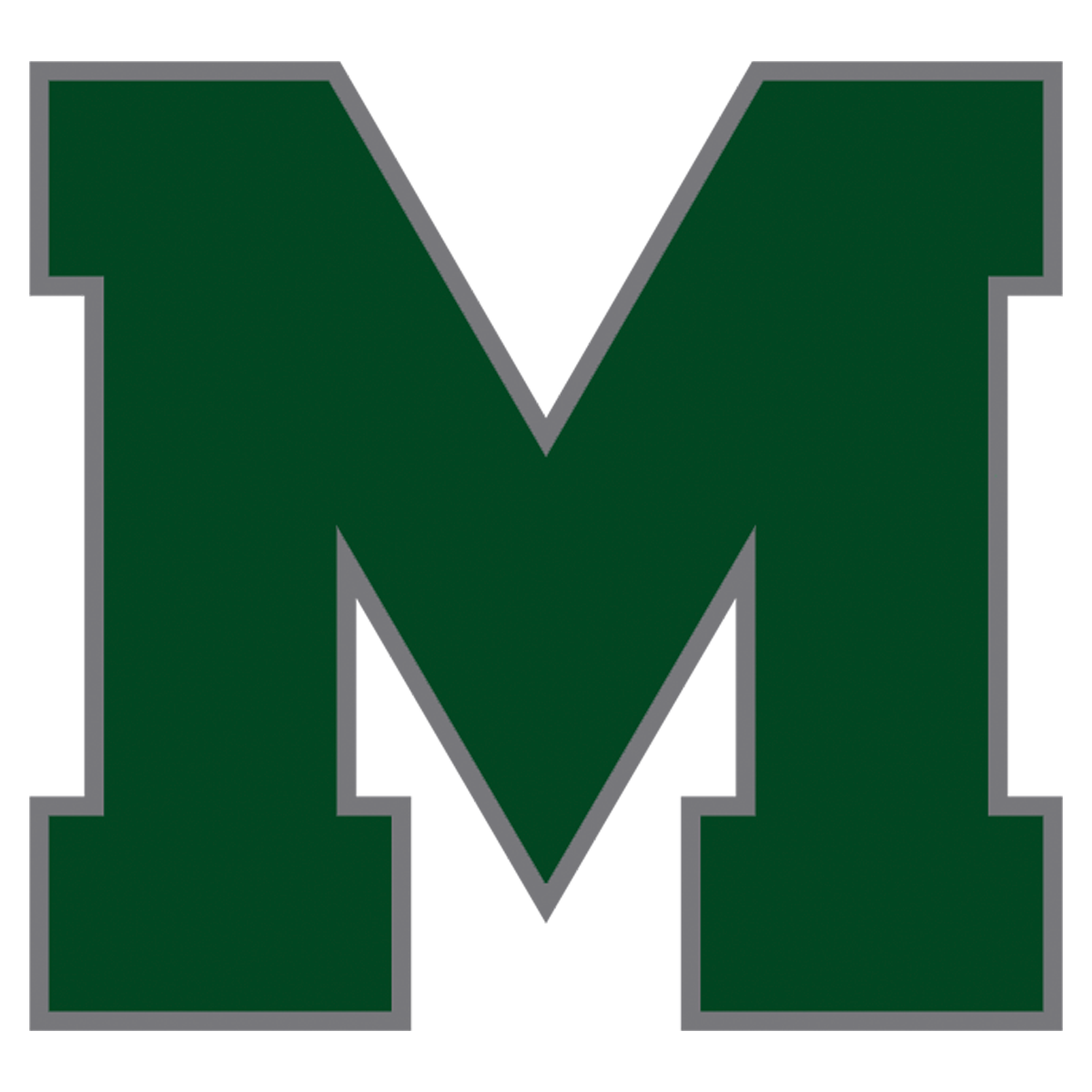The Board of Education, also called the School Board, is a unit of local government that establishes direction, goals, and priorities for a school district and determines policy, budget, leadership, and administration.
The Illinois Constitution grants boards of education latitude in governing their school districts, subject to state laws and regulations. A local school board is required to adopt and enforce all policies necessary for the management and governance of the public schools of the district. Through its written policies, the board directs and empowers the superintendent to function as chief executive officer in managing day-to-day district operations.
The board studies the needs of students and the community and bases its decisions on those needs. The superintendent carries out those decisions.
The purpose of a school board meeting is to transact the legal business of the school district through discussion and voting among the members. Because a school board is an elected governmental body, it can take action only by majority vote at a public meeting. An individual board member has no authority other than the right to cast a vote at such a meeting.
While school board meetings are held in public, they are not meetings of the public. This means that members of the public are welcome to attend to listen and observe, but they are not a part of the board discussion. Board policy establishes the public comment portion of a meeting, during which individuals may address the board, but rarely does a board engage in dialogue.
You can find more information on School Board Governance in the IASB publication How School Boards Work by following this LINK.
